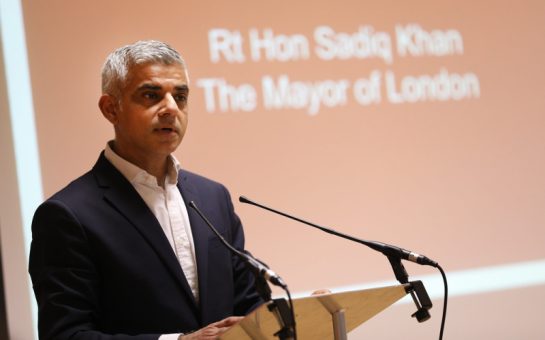Sadiq Khan believes that more should be done to break down the stigma surrounding mental health within interfaith communities.
Mr Khan was answering a question posed to him by Navin Shah, assembly member for Brent and Harrow, regarding the approach of mental health illnesses specifically in South Asian communities during London Mayor’s Question Time this afternoon.
Mr Shah and his constituents have been involved in the creation of EKTA, a service to aid those with mental health issues.
Recent feedback from Brent and Harrow constituents highlighted that many of those experiencing mental health issues often felt isolated and found it difficult to initially talk about their mental health.
Mr Khan said: “[It is] time to change attitudes.”
Mr Shah reiterated that more needs to be done to address the stigma of mental health illnesses specially in interfaith communities and to promote a positive approach towards mental health,
Mr Shah said: “Action needs to be taken strongly, effectively and quickly.”
Mr Khan agreed and praised the position the Royal Family has taken regarding mental health in recent months.
he said: “More needs to be done before individuals reach crisis point.”
After the creation of the Thrive London campaign in July 2017 London has seen an increase in services made available to members of the public at community level with the creation of local hubs and more visits to communities and schools to increase conversation surrounding this issue.
In addition to this over 200 posters appeared on London’s Tubes over the summer as part of the Are We Okay? Campaign which sought to encourage Londoner’s to talk about their mental health and wellbeing and seek help when needed.
Mr Khan reminded Londoner’s that ‘we should all play a role’ in speaking out about mental health.
Two million Londoners experience mental health issues each year, while mental health illnesses cost UK businesses £26 billion each year and it is the most common reason for long-term sick leave.
There has been an increase in coverage regarding mental health and mental well-being in the last few years, after a number of celebrities and public figures have been speaking about their experience with various mental illnesses.
Only 25% of individuals who have been diagnosed with mental health illnesses or are suffering from poor mental wellbeing receive professional treatment.




